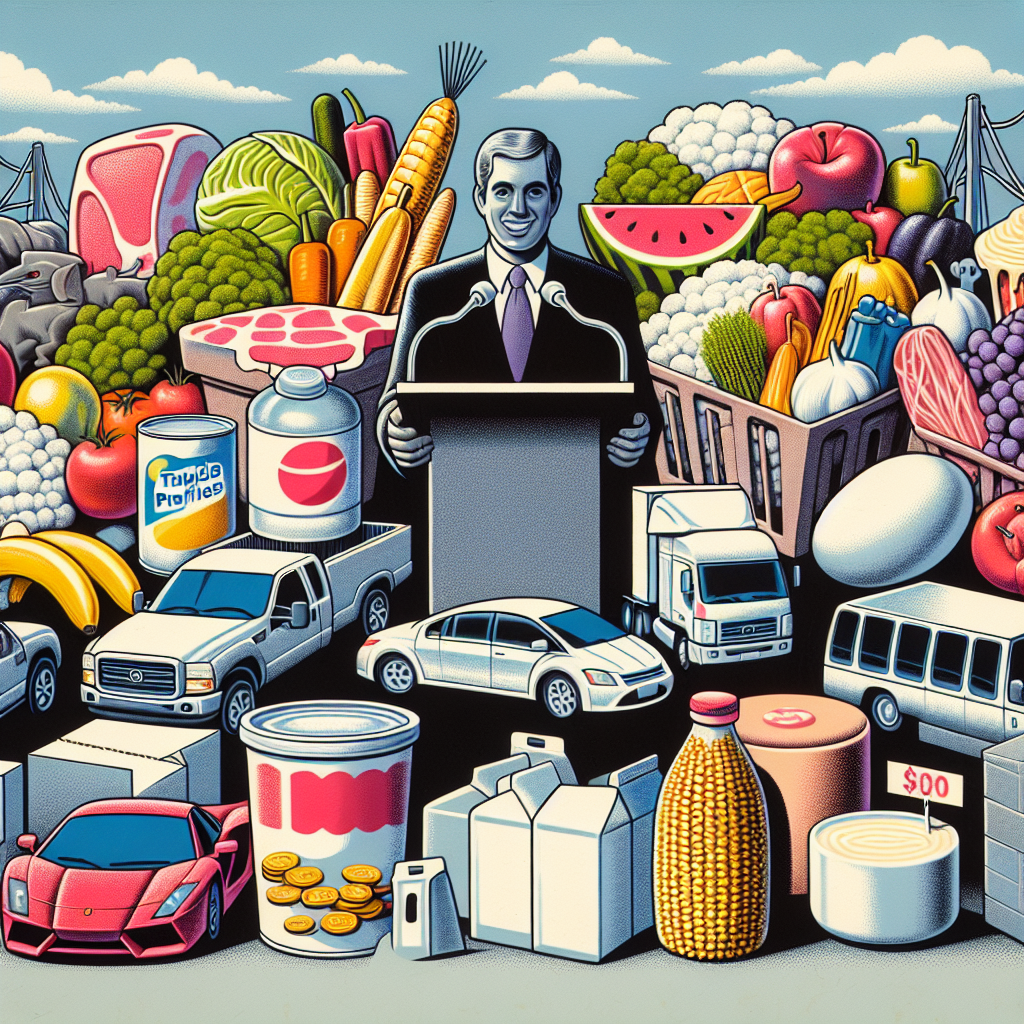Trump’s Tariffs: Potential Price Hikes from Groceries to Automobiles
Trump’s Tariffs: Potential Price Hikes from Groceries to Automobiles
Overview of Tariff Impacts
The imposition of tariffs by former President Donald Trump has sparked concerns over potential price increases across various sectors. These tariffs, primarily targeting imports from countries like China, aim to bolster domestic industries but may inadvertently lead to higher consumer costs.
Key Sectors Affected
- Groceries: Tariffs on agricultural products could lead to increased prices for everyday grocery items, affecting household budgets.
- Automobiles: The automotive industry faces potential cost hikes due to tariffs on steel and aluminum, which are crucial for vehicle manufacturing.
- Electronics: Consumer electronics, heavily reliant on imported components, may see price surges, impacting affordability.
Economic Implications
While the tariffs aim to protect domestic jobs and industries, they may also lead to inflationary pressures. Businesses might pass increased costs onto consumers, potentially reducing purchasing power and slowing economic growth.
Conclusion
Trump’s tariffs present a complex challenge, balancing the protection of domestic industries with the risk of consumer price hikes. As these tariffs continue to influence the market, stakeholders must navigate the economic landscape carefully to mitigate adverse effects on consumers.































